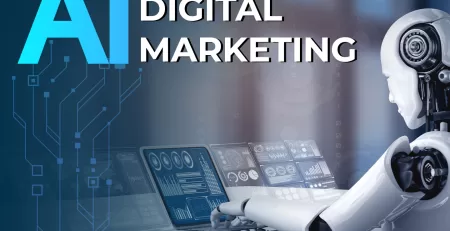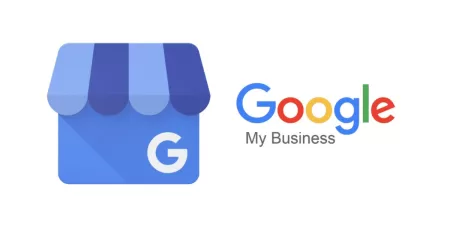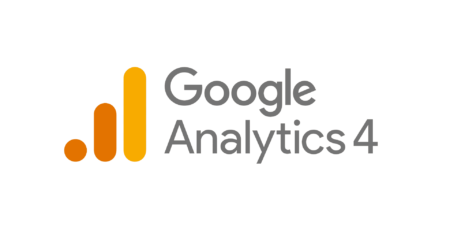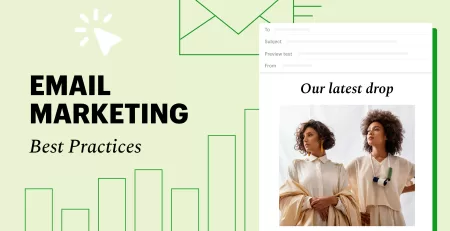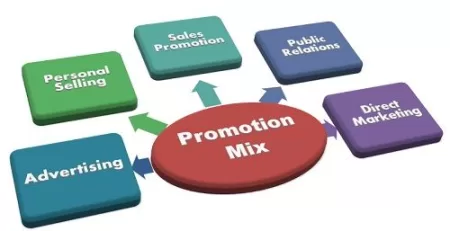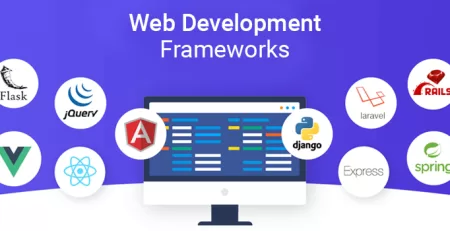In today’s digital age, having a website is essential for any business looking to succeed. Not only does it provide a platform for customers to learn more about your brand, but it also plays a critical role in your overall marketing strategy. In this article, we will explore the benefits of having a website for your marketing plan and how it can help you reach your business goals.
- Increased Visibility
One of the most significant benefits of having a website is increased visibility. With billions of people using the internet every day, having a website allows you to reach a vast audience that you may not have been able to target otherwise. By optimizing your website for search engines, you can increase your visibility in search results and drive more traffic to your site.
- Cost-Effective Marketing
Compared to traditional marketing methods such as print, television, or radio advertising, a website is a cost-effective way to promote your brand. Not only is it less expensive to create and maintain a website than it is to run a traditional advertising campaign, but it also allows you to reach a broader audience at a lower cost.
- Builds Credibility and Trust
A professional-looking website can help build credibility and trust with your audience. By providing valuable content, showcasing customer testimonials, and featuring reviews from satisfied customers, you can establish your brand as a trustworthy and reliable source of information or products. This, in turn, can help you attract more customers and increase conversions.
- Provides Analytics and Insights
Another significant advantage of having a website is the ability to track and analyze your marketing efforts. With tools like Google Analytics, you can monitor your website’s performance, track visitor behavior, and gain insights into what is working and what is not. This data can help you make informed decisions about your marketing strategy, refine your messaging, and improve your overall website performance.
- Enables Targeted Marketing
A website also allows you to engage in targeted marketing efforts, which can be more effective than broad-based campaigns. By using tools like email marketing, social media advertising, and retargeting, you can target specific segments of your audience with personalized messaging that speaks directly to their needs and interests. This can help you build stronger relationships with your customers and drive more conversions.
In conclusion, having a website is an essential part of any marketing strategy. It provides increased visibility, and cost-effective marketing, builds credibility and trust, provides analytics and insights, and enables targeted marketing. By leveraging these benefits, you can improve your brand’s reach, attract more customers, and achieve your business goals.


